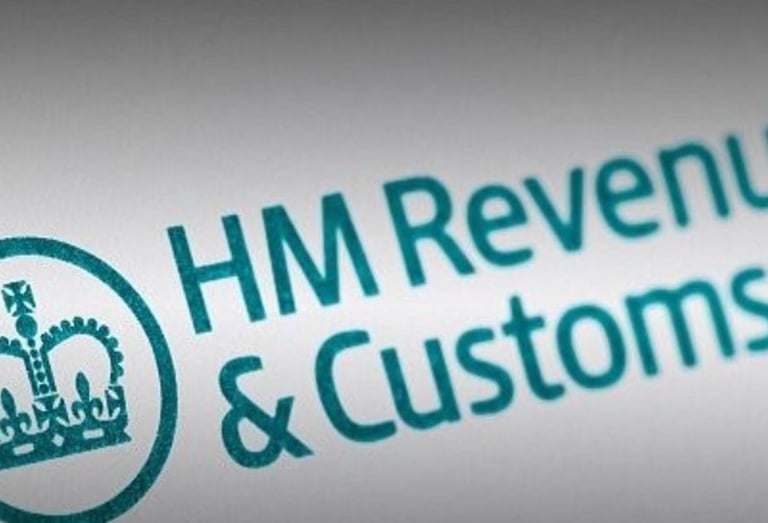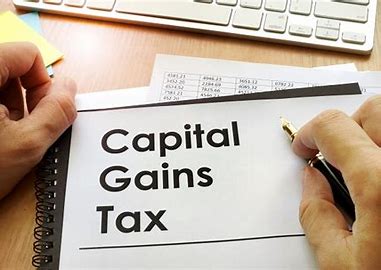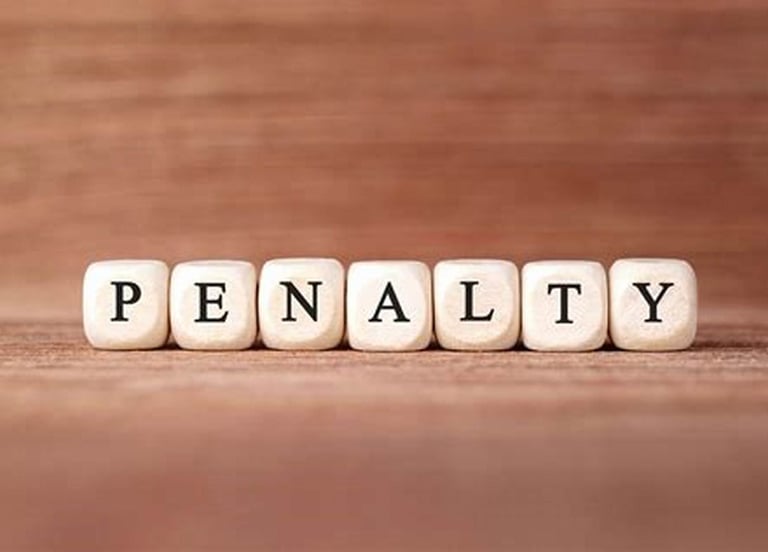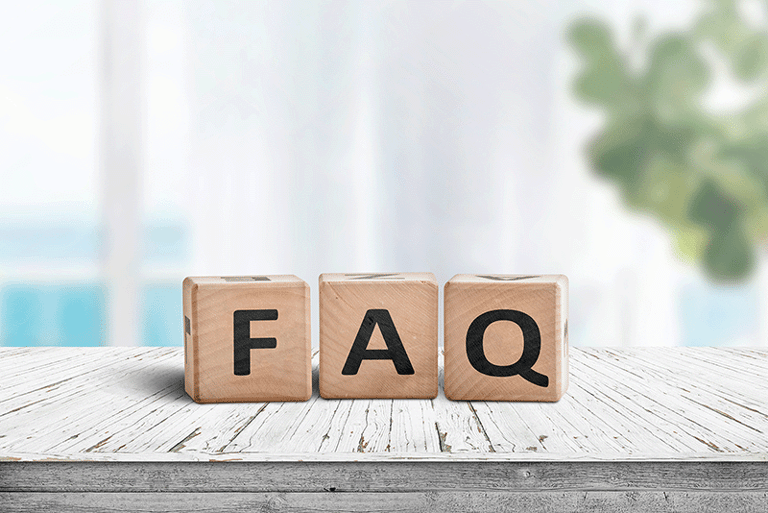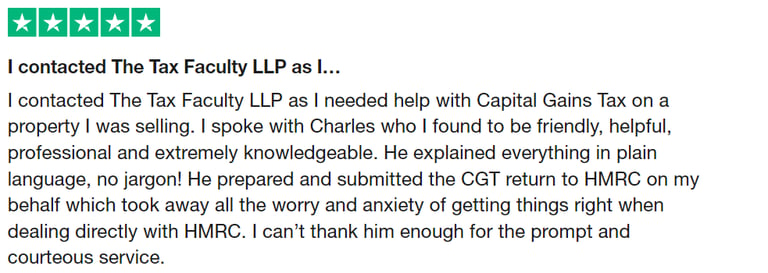Call: 0800 0016 878 - Email: info@capitalgainstax.co.uk
Capital Gains Tax (CGT) and HMRC checks can seem daunting, but understanding the process is essential if you’ve recently sold or plan to sell assets like property or investments.
This page will provide you with information about HMRC checks on CGT, including what triggers them, how to prepare, and strategies to ensure compliance while minimising your tax liability.
Managing HMRC checks on Capital Gains Tax requires careful attention to detail and an understanding of tax regulations. Seeking expert advice can help ensure compliance and minimise the risk of penalties.
If you require assistance with you CGT circumstances, please feel free to contact us on info@capitalgainstax.co.uk or call us free on 0800 0016 878 for a free initial consultation.
You can also complete the form below and one of our team will get back to you as soon as possible.
Get in touch
Tax Troubles? We're here to help
We can solve your Capital Gains Tax problems, with ex-senior expert HMRC inspectors here to help to take the stress away from your tax worries.
We do everything for you, including filing returns and giving advice that may help to reduce the amount of tax that you owe.
Our guarantee to you - You will pay the lowest amount of tax possible, while complying with the law.
Contact us free on 0800 0016 878, email info@capitalgainstax.co.uk or fill in our handy form and on of our experts will get back to you as soon as possible.
Phone

